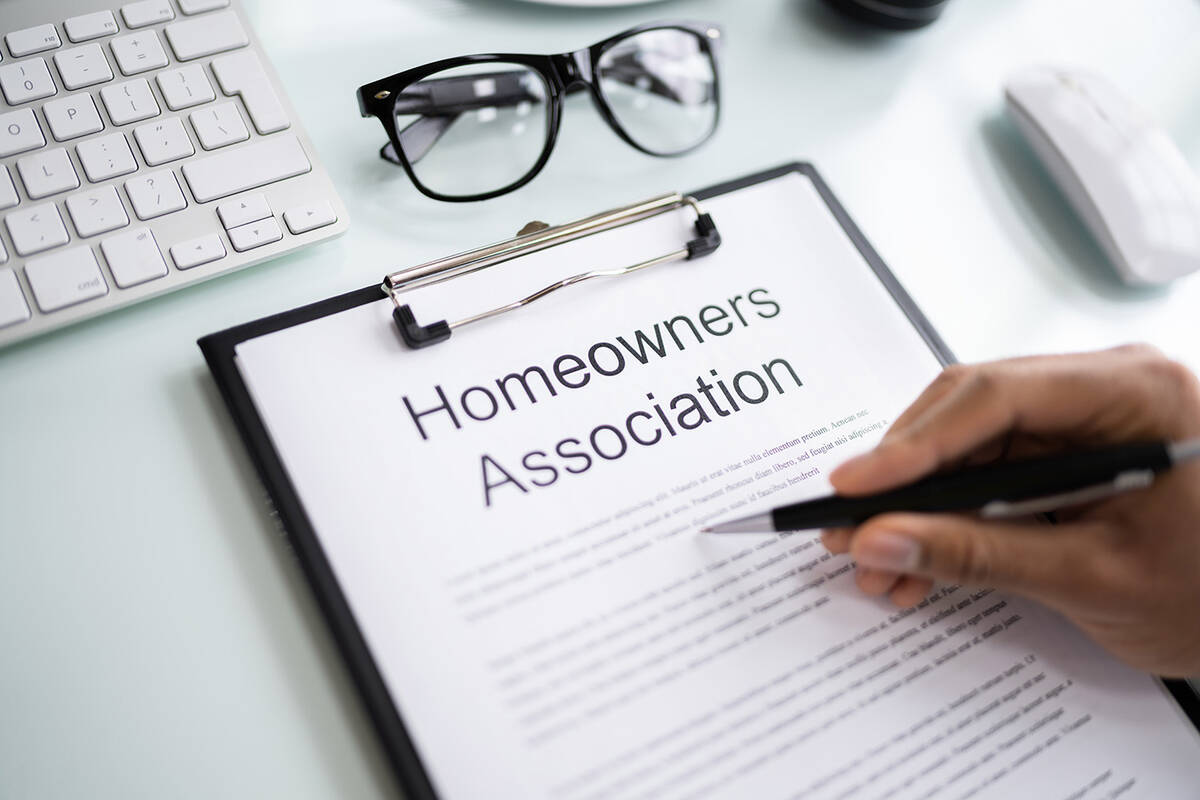HOA board member doesn’t want to raise assessments
Q: I’ve got a question about the board raising monthly dues. I was just voted to the board in December. I am the only one against raising dues. We are not in the red yet and are just breaking even budget-wise. I want to cut expenses first, and if that does not work, then, as the last resort, raise dues. Our dues are at $200 a month now; they want to raise it $30 a month to $230. This section below is from our covenants, conditions and restrictions. What does this mean?
“The annual assessment may be increased each year not more than fifteen percent (15%) above the annual budget for the previous year without a vote of the membership.”
What is the annual budget?
“Section 19.8: Limitation on Annual Assessment Increases: (a) From and after January 1st of the year immediately following the conveyance of the first Unit to an Owner, the annual assessment may be increased each year not more than fifteen percent (15%) above the of the annual budget for the previous year without a vote of the membership.”
I’m new to this, so my question may not make sense to you. But please explain as best as possible so I can understand where we are with raising dues. I don’t want to, but I’m alone in this; the other four members want to raise dues!
About increasing our dues, can the HOA increase the dues but not use it for monthly expenses? Our treasurer says we are in the red, but they want to use the increased dues to add to our reserve only. That doesn’t make sense: If we are in the red, shouldn’t be it be used for expenses? We had an estimated forecast of things that need replacing in the near future, and the roofs are on that list. They are 30-plus years old. So this is why the rest of the board wants to add the new money.
We talked about having a special ($100-plus a month for one or two years) assessment for the roof replacement, but the other board members thought (raising the dues $30) was the way to go.
I want to look at reducing expenses first, then maybe raise dues. Am I fighting a losing battle here? They will outvote me on everything.
A: Your association can increase the annual assessment by 15 percent each year. If your current assessment is $200, a 15 percent increase would equal a $30 a month increase. According to your governing documents, this increase does not have to receive approval from the homeowners.
No one likes to increase the assessment, but unfortunately too many associations do not increase their assessment when it should be increased. Just the cost of living of 3 percent or more often requires an increase. Some of the association expenses could be increasing at a higher percentage such as insurance policies.
You should review the past few years of the actual year-to-date income and expenses with the respective annual budgets that were enacted. The next step is to review each line item, especially the expenses concerning maintenance and repairs, proper funding of the reserve study and utility expenses, which have all increased going into 2024. Understanding the operations of your association is extremely important when considering the cutting of expenses.
As to the second question about not using the increase for monthly expenses. The short answer is yes, they can. What you can’t do by law is to use your reserve revenue for operating expenses. Your board will have to make an adjustment sometime this year to address the red in your operating expenses.
Barbara Holland, CPM, is an author, educator and expert witness on real estate issues pertaining to management and brokerage. Questions may be sent to holland744o@gmail.com.




















